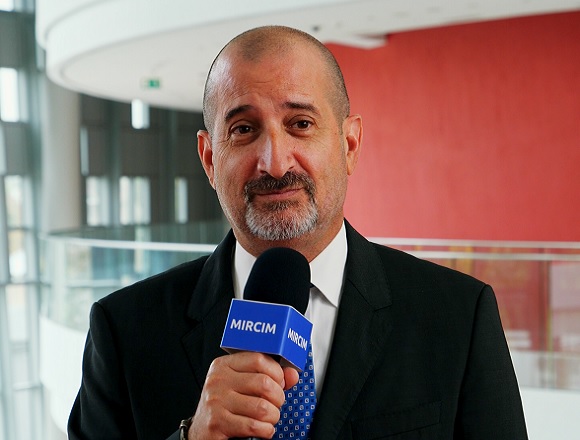Paul Moayyedi, MB, is a professor of medicine, assistant dean of research, and director of the Farncombe Family Digestive Health Research Institute in the Faculty of Health Sciences at McMaster University.
Is there any diet that reduces or sustains the remission of inflammatory bowel disease (IBD) in adult patients?
My pediatric colleagues are very keen on enteral nutrition, which is where you give food that is broken down to its constituent parts, to sort of simple amino acids and other very simple molecules. That has been studied in children. I have to say I don’t find the randomized controlled trial evidence that strong that it is really that effective. But I can certainly understand that pediatric colleagues have been keen on this because it’s not a strong drug, it maintains nutrition, which allows the child to grow, whereas steroids, for example, could stop the child’s growth. I certainly understand why it is popular in the pediatric community. They are not pleasant diets to take and the little evidence we have in the adult population is not that promising. Most adult gastroenterologists do not use enteral nutrition.
The special diets are popular, but there’s no evidence that they work. People are starting a low fermentable oligosaccharides, disaccharides, monosaccharides and polyols (FODMAP) diet—low fermentable food diet—but, again, there are no randomized trials that show that that is effective in inducing remission in patients with IBD. Dr Narula, Salim Yusuf, and I, and many others did a large study using the PURE database—which is a cardiology database set up by Dr Yusuf—which suggested that the risk of IBD increases with ultra-processed foods. Maybe we can prevent IBD by reducing the amount of ultra-processed foods that we eat. This may explain why these diseases are common in the developed world and not so common in the developing world.
 English
English
 Español
Español
 українська
українська





